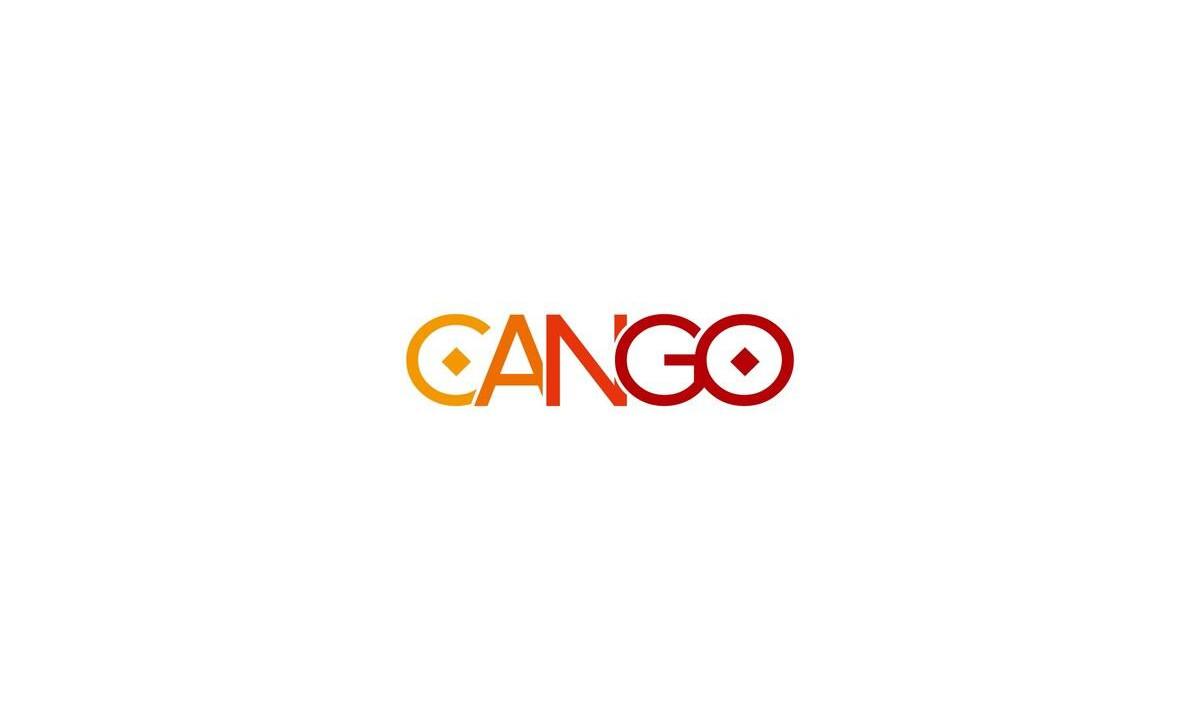Revolutionary Bitcoin ETF Push: South Korea’s Bold Move Toward Crypto Mainstream Adoption
BitcoinWorld
Revolutionary Bitcoin ETF Push: South Korea’s Bold Move Toward Crypto Mainstream Adoption
South Korea is making waves in the cryptocurrency world with a groundbreaking political push for Bitcoin ETF approval. The People Power Party’s recent announcement signals a major shift in the country’s approach to digital assets, potentially opening new investment avenues for millions of Koreans. This development could transform how traditional investors access the crypto market through regulated financial products.
Why Is the Bitcoin ETF Approval So Crucial for South Korea?
The People Power Party’s urgent call for Bitcoin ETF approval comes at a pivotal moment for South Korea’s financial landscape. During their third Special Committee meeting on Stock and Digital Asset Value-Up, party leaders emphasized that this initiative fulfills election promises made to voters. The move represents a significant step toward legitimizing cryptocurrency investments within the country’s regulated financial system.
South Korean investors have shown tremendous interest in cryptocurrency markets, but until now, they’ve lacked access to regulated Bitcoin investment products. A Bitcoin ETF would provide several key benefits:
- Regulated exposure to Bitcoin price movements
- Enhanced investor protection mechanisms
- Simplified investment process through traditional brokerage accounts
- Increased institutional participation in crypto markets
What Legal Changes Could Make Bitcoin ETFs Possible?
The People Power Party isn’t just making requests – they’re preparing to take legislative action. During the current regular session of the National Assembly, the party plans to pursue legal amendments that would clear the path for Bitcoin ETF approval. This proactive approach demonstrates their serious commitment to modernizing South Korea’s financial regulations.
Current South Korean financial regulations present several hurdles for Bitcoin ETF approval. However, the party’s determination suggests they’re ready to address these challenges head-on. The proposed legislation would likely focus on creating clear regulatory frameworks for digital asset custody, market surveillance, and investor protection – all essential components for a successful Bitcoin ETF launch.
How Could Bitcoin ETF Approval Impact Korean Investors?
The approval of a Bitcoin ETF in South Korea would represent a monumental shift for retail and institutional investors alike. For the first time, Korean investors could gain exposure to Bitcoin through familiar investment channels without navigating complex cryptocurrency exchanges or worrying about digital wallet security.
This development could trigger substantial market changes:
- Increased mainstream adoption of cryptocurrency investments
- Enhanced market liquidity and stability
- Greater institutional participation in crypto markets
- Improved price discovery mechanisms
Moreover, a successful Bitcoin ETF launch in South Korea could inspire similar regulatory developments across Asia, potentially creating a domino effect of cryptocurrency market maturation throughout the region.
What Challenges Remain for Bitcoin ETF Implementation?
Despite the political enthusiasm, several significant challenges must be addressed before South Korean investors can access Bitcoin ETFs. Regulatory concerns about market manipulation, custody solutions, and investor protection remain paramount. Financial authorities will need to develop comprehensive frameworks that balance innovation with necessary safeguards.
The path forward requires careful coordination between political leaders, financial regulators, and market participants. However, the People Power Party’s commitment suggests they’re prepared to navigate these complexities to deliver on their election promise of advancing digital asset opportunities for Korean citizens.
Conclusion: A New Era for South Korean Crypto Investment
The People Power Party’s push for Bitcoin ETF approval marks a transformative moment in South Korea’s financial evolution. This initiative demonstrates growing political recognition of cryptocurrency’s importance in modern investment portfolios. As the party moves forward with legislative amendments, South Korea positions itself at the forefront of Asian cryptocurrency adoption.
The potential approval of Bitcoin ETFs could unlock unprecedented investment opportunities while establishing South Korea as a regional leader in digital asset innovation. This development deserves close attention from investors and market observers worldwide.
Frequently Asked Questions
What is a Bitcoin ETF?
A Bitcoin ETF is an exchange-traded fund that tracks Bitcoin’s price, allowing investors to gain exposure to cryptocurrency without directly buying or storing Bitcoin themselves.
Why does South Korea need new legislation for Bitcoin ETFs?
Current financial regulations don’t adequately address digital asset ETFs, requiring legal updates to establish proper custody, trading, and investor protection frameworks.
How would Bitcoin ETFs benefit Korean investors?
They would provide regulated, accessible Bitcoin exposure through traditional investment accounts, eliminating technical barriers and enhancing security compared to direct cryptocurrency ownership.
When could Bitcoin ETFs become available in South Korea?
The timeline depends on legislative progress and regulatory approval, but the People Power Party’s urgency suggests movement could happen within the current National Assembly session.
What risks do Bitcoin ETFs present?
Like any investment, Bitcoin ETFs carry market risk, plus additional concerns about cryptocurrency volatility, regulatory changes, and technological developments.
How would Bitcoin ETFs differ from existing crypto investments in South Korea?
They would offer regulated, exchange-traded convenience rather than requiring direct engagement with cryptocurrency exchanges and digital wallets.
Found this analysis of South Korea’s Bitcoin ETF developments insightful? Share this article with fellow crypto enthusiasts and investors who should know about these groundbreaking regulatory changes!
To learn more about the latest Bitcoin trends, explore our article on key developments shaping Bitcoin institutional adoption.
This post Revolutionary Bitcoin ETF Push: South Korea’s Bold Move Toward Crypto Mainstream Adoption first appeared on BitcoinWorld.
You May Also Like

20+ Best Telegram Casinos & Gambling Sites: Our Top Picks & Reviews

The Role of Blockchain in Building Safer Web3 Gaming Ecosystems
- Immutable Ownership of Assets Blockchain records can be manipulated by anyone. If a player owns a sword, skin, or plot of land as an NFT, it is verifiably in their ownership, and it cannot be altered or deleted by the developer or even hacked. This has created a proven track record of ownership, providing control back to the players, unlike any centralised gaming platform where assets can be revoked.
- Decentralized Infrastructure Blockchain networks also have a distributed architecture where game data is stored in a worldwide network of nodes, making them much less susceptible to centralised points of failure and attacks. This decentralised approach makes it exponentially more difficult to hijack systems or even shut off the game’s economy.
- Secure Transactions with Cryptography Whether a player buys an NFT or trades their in-game tokens for other items or tokens, the transactions are enforced by cryptographic algorithms, ensuring secure, verifiable, and irreversible transactions and eliminating the risks of double-spending or fraudulent trades.
- Smart Contract Automation Smart contracts automate the enforcement of game rules and players’ economic exchanges for the developer, eliminating the need for intermediaries or middlemen, and trust for the developer. For example, if a player completes a quest that promises a reward, the smart contract will execute and distribute what was promised.
- Anti-Cheating and Fair Gameplay The naturally transparent nature of blockchain makes it extremely simple for anyone to examine a specific instance of gameplay and verify the economic outcomes from that play. Furthermore, multi-player games that enforce smart contracts on things like loot sharing or win sharing can automate and measure trustlessness and avoid cheating, manipulations, and fraud by developers.
- Cross-Platform Security Many Web3 games feature asset interoperability across platforms. This interoperability is made viable by blockchain, which guarantees ownership is maintained whenever assets transition from one game or marketplace to another, thereby offering protection to players who rely on transfers for security against fraud. Key Security Dangers in Web3 Gaming Although blockchain provides sound first principles of security, the Web3 gaming ecosystem is susceptible to threats. Some of the most serious threats include:
